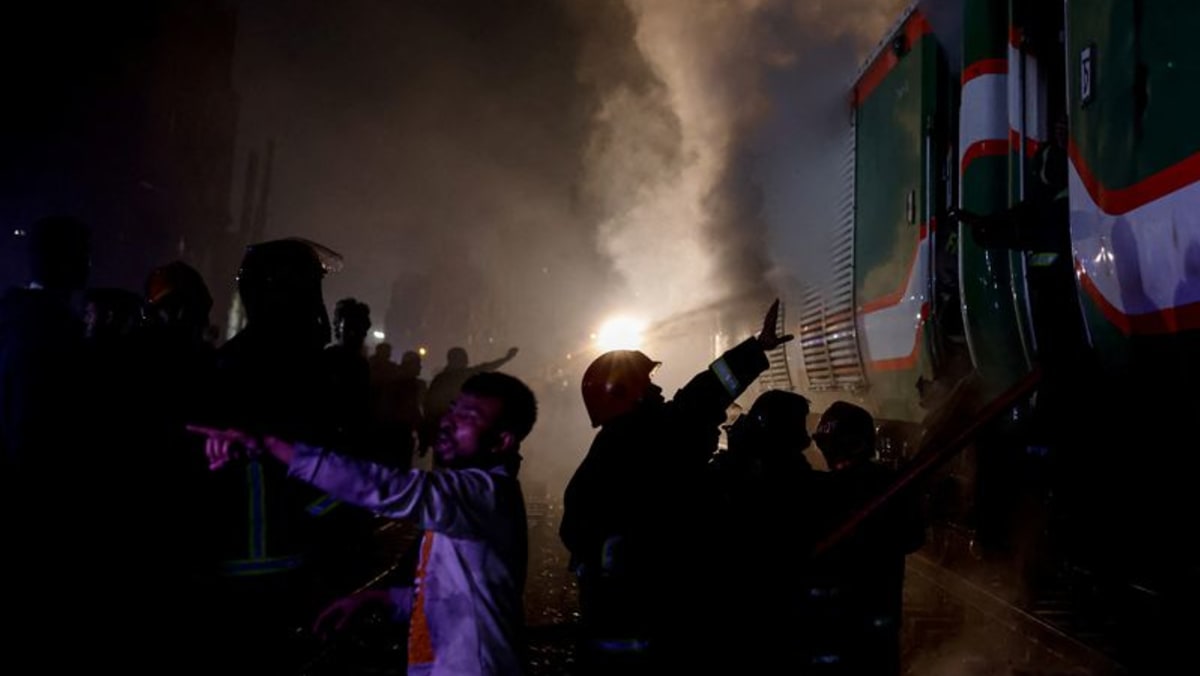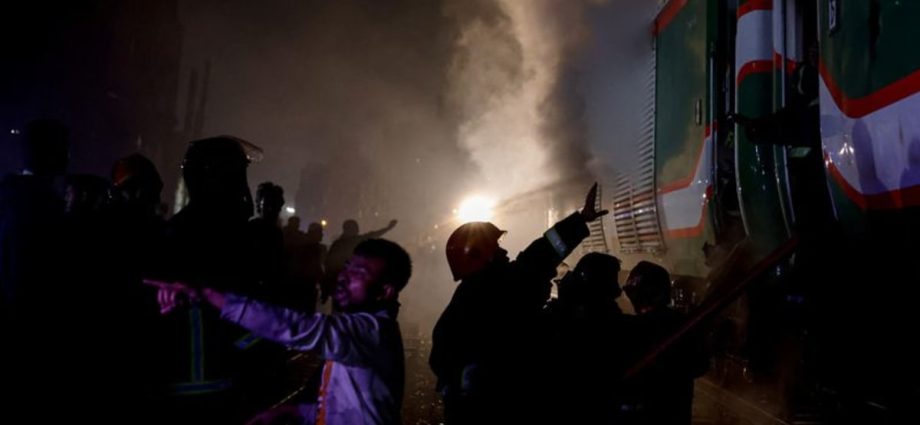
PAKISTAN
In Pakistan, elections are scheduled for Feb 8 but risk being postponed amid political uncertainties and the military’s meddling in the elections.
Pakistan’s former prime minister Imran Khan, who is currently in jail on various charges after being ousted from power in April 2022, has said the upcoming election could be a “farce”. Khan, widely seen as the country’s most popular leader, has accused the military of fixing the election by barring him from contesting.
Although Pakistan elects its civilian governments, the military has always wielded power and influence over the election process and elected governments. The army and Khan were on cordial terms before the 2018 general elections that brought him to power but the relationship soon soured.
After Khan’s ouster following his fallout with the military, Pakistan became embroiled in political uncertainty and chaos made even worse by a crippling economic crisis.
The tide has changed in 2024 and according to observers, the military is determined to prevent Khan and his party, the Pakistan Tehreek-e-Insaf (PTI), from forming the government. The exclusion of Khan from the election could increase the sympathy of those who consider him unfairly treated and worsen the popular discontent against the country’s powerful military.
More worryingly, Pakistan’s severe political problems in 2024 come amid militant attacks on the Pakistani military and police, having risen considerably in the previous year. The Islamabad-based Centre for Research and Security Studies (CRSS) reported that 2023 was the “deadliest year” or the country’s “police and military forces in a decade”, with more than 500 security personnel killed.
Tehreek-e-Taliban Pakistan (TTP), also known as the Pakistani Taliban, is the biggest culprit, responsible for several high-casualty attacks. TPP is a close ally of, but is separate from, the Afghan Taliban, which returned to power in Afghanistan in August 2021.
Pakistan officials have blamed the Afghan Taliban government for not doing enough to stop the TTP’s cross-border attacks. Still, the attacks are set to continue and possibly accelerate as TTP and other militant groups try to take advantage of Pakistan’s chaotic election.

